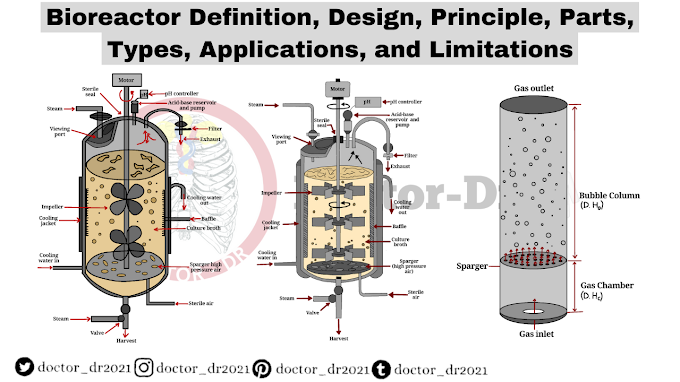Introduction:
Types of Microbes:
There are many different types of microbes that exist in the soil, including bacteria, fungi, protozoa, nematodes, and viruses. Each type of microbe plays a unique role in the soil ecosystem. For example, bacteria are responsible for breaking down organic matter, while fungi help to decompose dead plant material. Protozoa and nematodes are both important for nutrient cycling in the soil, and viruses can have a significant impact on plant health.
Role of Microbes in Agriculture:
Microbes play an essential role in agriculture, as they can help improve soil health and crop yield. One of the main ways that microbes can improve soil health is by decomposing organic matter. When organic matter breaks down, it releases nutrients into the soil that plants need to grow. Without microbes, organic matter would accumulate in the soil, and nutrients would be locked up in the decaying material.
Microbes can also help to improve soil structure. For example, bacteria produce a sticky substance called exopolysaccharides that can bind soil particles together, creating stable aggregates. This can improve soil structure, allowing air and water to penetrate the soil more easily.
In addition to improving soil health, microbes can also have a significant impact on crop yield. For example, some bacteria and fungi form mutualistic relationships with plants, where the microbes provide nutrients to the plants in exchange for carbohydrates. This can lead to increased plant growth and improved crop yield.
Microbes can also help to protect plants from pathogens. For example, some bacteria and fungi produce antibiotics that can kill or inhibit the growth of plant pathogens. This can help to reduce the need for synthetic pesticides, which can be harmful to the environment and human health.
How to Promote Microbial Activity in the Soil:
To promote microbial activity in the soil, there are several things that farmers can do. One of the most important things is to reduce tillage. Tillage can disrupt soil structure, destroying aggregates and reducing the number of microbes in the soil. By reducing tillage, farmers can help to preserve soil structure and promote microbial activity.
Another way to promote microbial activity is to add organic matter to the soil. Organic matter provides a food source for microbes, which can help to increase their numbers and activity in the soil. Farmers can add organic matter in the form of crop residues, cover crops, or compost.
Finally, farmers can use crop rotations to promote microbial activity. Crop rotations can help to reduce the build-up of plant pathogens in the soil, as different crops have different nutrient requirements and attract different microbes. This can help to promote a diverse microbial community in the soil, which can improve soil health and crop yield.
Conclusion:
Microbes play a vital role in agriculture, as they can help to improve soil health and crop yield. By promoting microbial activity in the soil, farmers can reduce their reliance on synthetic fertilizers and pesticides, and promote sustainable farming practices. With the growing interest in sustainable agriculture, the role of microbes in agriculture is likely to become even more important in the years to come.








